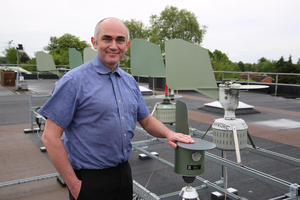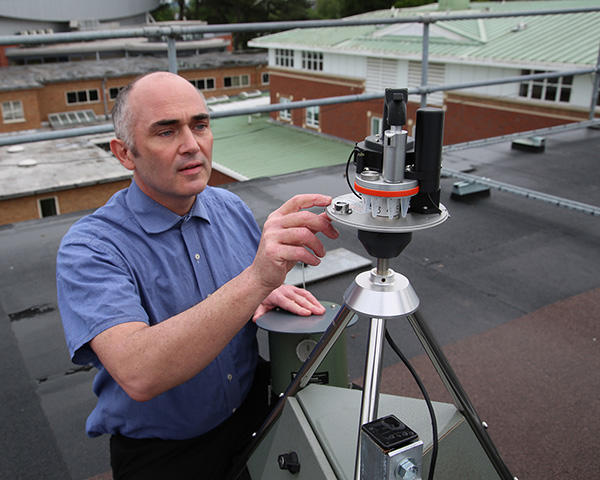A University of Worcester scientist says rapidly developing technology is revolutionising our understanding of the biology of the air and helping experts better and more quickly predict its effect on health and agriculture.


Professor Skjøth's research focuses around aeroallergens and air quality. He studies the exchange between atmosphere and vegetation and how meteorology affects this exchange and later the atmospheric concentrations both aeroallergens and air pollutants. In the lecture he will discuss pollens, pathogens and chemical air pollutants.
Professor Skjøth's work is internationally recognised. He has been involved in policy-making through the Danish Air Quality Monitoring Programme and has advised the government in relation to pollen, climate change and invasive species. Professor Skjøth has published extensively in relation to chemical and biological air quality. He recently acted as scientific coordinator and vice-chair of a major, pan-European scientific network set up to develop strategies to monitor and manage the spread of ragweed - one of the most prominent invasive alien species in Europe.
After studying at Copenhagen University in Denmark, Professor Skjøth worked as a post-doctoral researcher at the universities in Aarhus, Denmark and Lund, Sweden. He moved to Worcester in 2013.
At Worcester, Professor Skjøth leads an active research group working on atmospheric science and airborne pollen and spores, which collaborates with a number of other UK universities and European partners.
If you would like to attend the lecture email press@worc.ac.uk.